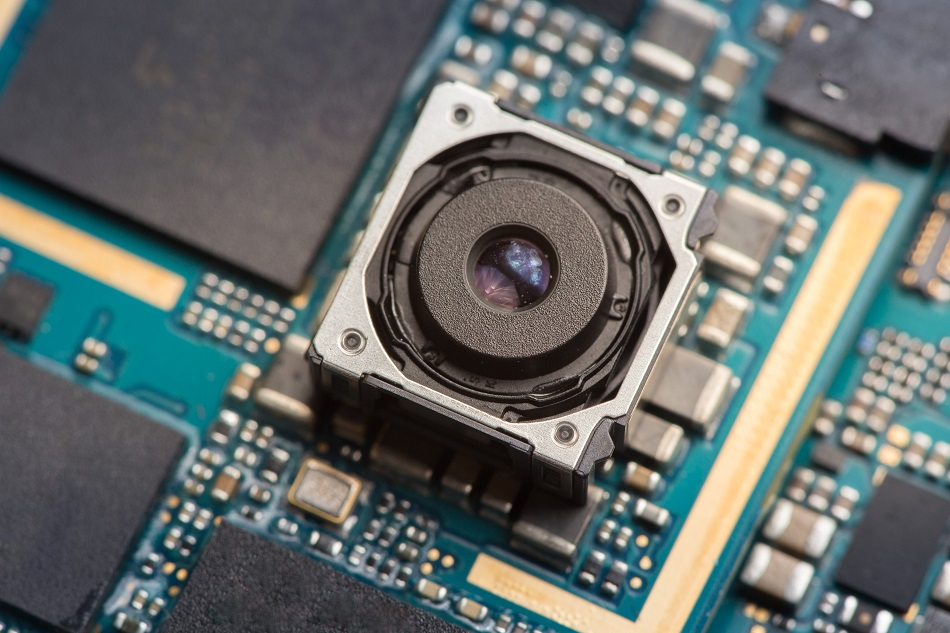
Image Credit: Petr Svoboda/Shutterstock.com
A new technology that has been developed to allow photon-based quantum computing to be practical will also have an impact on the function of CCD cameras. In February of this year, a team of researchers at Shanghai Jiao Tong University, China, published a paper that is the accumulation of two years of work, developing a way to map and measure large-scale photonic quantum correlation with single-photon sensitivity. An achievement that will profoundly impact quantum computing.
Innovative Correlation on Spatially-mapped Photon-level Image Technique
The findings that were published in the journal, Optica, the newly established measurement techniques that the research team called correlation on the spatially-mapped photon-level image (COSPLI). What’s more, the paper explains how the team founded a way of using tens of millions of images to detect signals from single photons and their correlations.
It is expected that COSPLI will play a vital role in the functioning of large-scale photonic quantum computers, enabling them to perform quantum particle measurements. It has the potential to be used in applications in the fields of quantum communication, quantum sensing, quantum simulation, and single-photon biomedical imaging, which is where they come into play with CCD cameras.
A charge-coupled device (CCD) is the image sensor that is most commonly employed by digital cameras. These sensors use a thin silicon wafer chip that is divided into photosites, which are tiny light-sensitive squares, of which there can be millions encompassed by one single wafer chip. Each photosite corresponds to a single pixel in the generated image. A non-conductive boundary surrounds each photosite, hemming in the charge that builds up in response to light exposure. The amount of accumulated charge is then converted into a binary form so that it can be read digitally, producing a picture as the result.
Developing a CCD Camera with Single-photon Sensitivity
The researchers put two years of work into deciphering a way to suppress the noise that CCD cameras suffer from. While commercially available CCD cameras are highly sensitive to single photons, it is common for noise to interfere with their interpretation. The Shanghai-based team wanted to devise a technique for suppressing this noise, and they did, resulting in CCD cameras that can detect single photons with each photosite of their silicon chips.
Further to this, researchers set about solving another challenge, and that was ascertaining critical factors about each photon, such as its frequency, polarization, time and location. Previously, specific techniques were required to measure each of these elements, but with the establishment of COSPLI, the photonic correlations from other systems are mapped together onto the spatial mode, enabling the CCD camera to measure correlations of all the modes in one place.
Testing the Technique
The newly developed COSPLI was tested by measuring the joint spectra of correlated photons in ten million image frames. The results showed that the reconstructed spectra generated by COSPLI corresponded well with theoretical calculations. Allowing demonstration of its accuracy, efficiency, and reliability as a measurement and mapping tool, as well as for its use in single-photon detection. Now, the team has shifted its focus to improving the imaging speed of the system.
This development exhibits how advances in photonic quantum computing will impact CCD cameras. Devices of the very near future are likely to benefit from the technique developed by this research, resulting in a suppression noise so that single-photon registrations can be reliably identified in images. The researchers believe that the challenge of building a practical quantum computer may be solved by focusing on developing methods based on photons, as has been demonstrated by their efforts.
Sources and Further Reading
Disclaimer: The views expressed here are those of the author expressed in their private capacity and do not necessarily represent the views of AZoM.com Limited T/A AZoNetwork the owner and operator of this website. This disclaimer forms part of the Terms and conditions of use of this website.